The courtroom drama is over, and the tech world is buzzing. Judge Amit Mehta delivered his long-awaited remedies decision on September 2, 2025, in what many are calling Google's biggest legal "win" in years. But here's the thing, this isn't exactly the victory lap Google might have hoped for.
If you run marketing, expect a shuffle. The ruling has practical consequences including distribution volatility planning, optimizing for concise and cite-worthy answers, exploring partnerships in index-sharing, and improving attribution resilience. Translation, diversify, write answers people quote, harden analytics.
Privacy will get louder. The court requires Google to make certain search-index and user-interaction data available to "Qualified Competitors" under privacy-protected commercial terms. The court requires commercial terms, yet more parties will see search behavior. Eyes open.
Looking ahead: the bigger picture
This is more than a court order, it is a template for regulating AI era gatekeepers. The 2025 U.S. antitrust ruling in the U.S. vs Google search case marks a pivotal moment for Big Tech, reshaping competitive dynamics while preserving the company's core assets.
The story is not done. The DOJ's separate antitrust case against Google's ad-tech stack could result in structural changes affecting search ads. That one cuts into the money engine.
Google will likely appeal. Expect more filings, fewer fireworks. Tweaks, not a rewind.
The practical questions now decide the impact, how Apple will implement non-exclusive search defaults, who qualifies as a "competitor" for index/data access, and how AI assistants will evolve as distribution front doors. Implementation beats headlines.
What's next for the search wars?
Bottom line, this ruling is a turning point in how regulators approach Big Tech's dominance. Google keeps its crown jewels, but the ruling forces Google to compete on more open terms.
For users, that could mean real choice, stronger privacy options, and fresh ideas that are not boxed out by distribution deals. AI search tools finally get a lane, and some fuel.
For Google, it is a new muscle memory. Compete on merit, share some assets, keep shipping.
For the wider industry, it reads like the beginning of the end for winner-take-all dynamics. Slower than some hoped, smarter than a sledgehammer. The search wars just got interesting again, and AI is the wildcard.
The next six years will decide whether this opens genuine competition or proves Google’s advantages too deep to crack. Either way, we are watching a hinge moment for how people find information online.




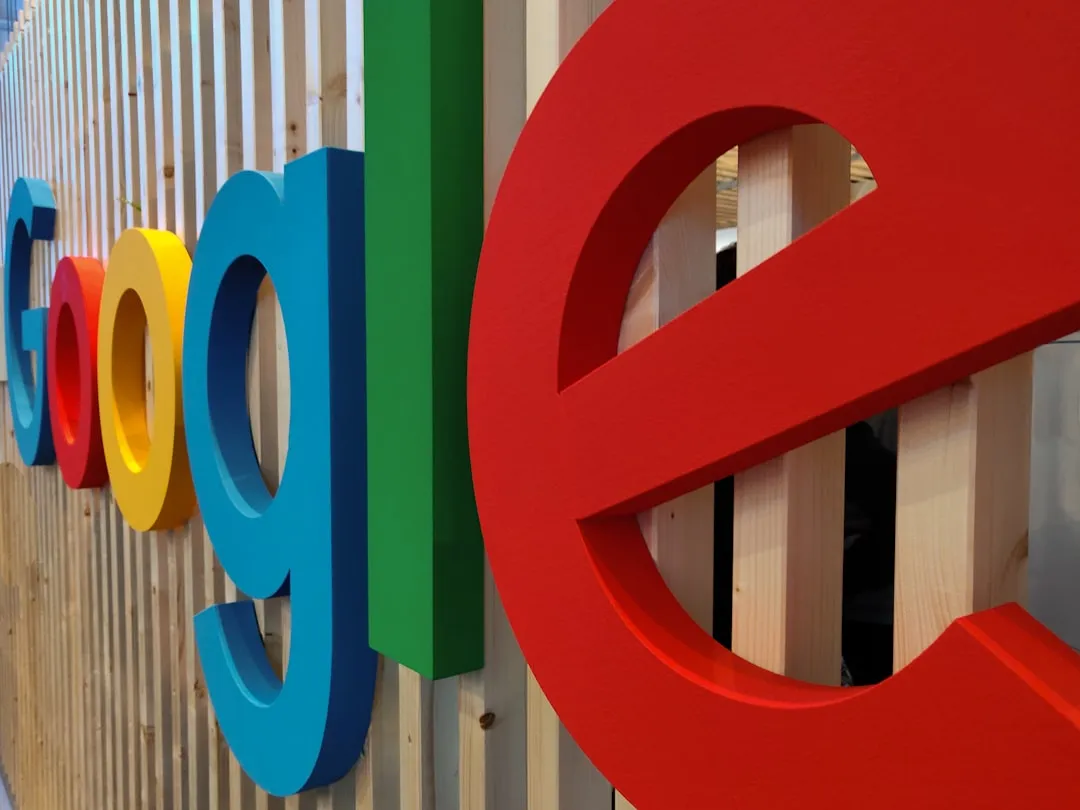
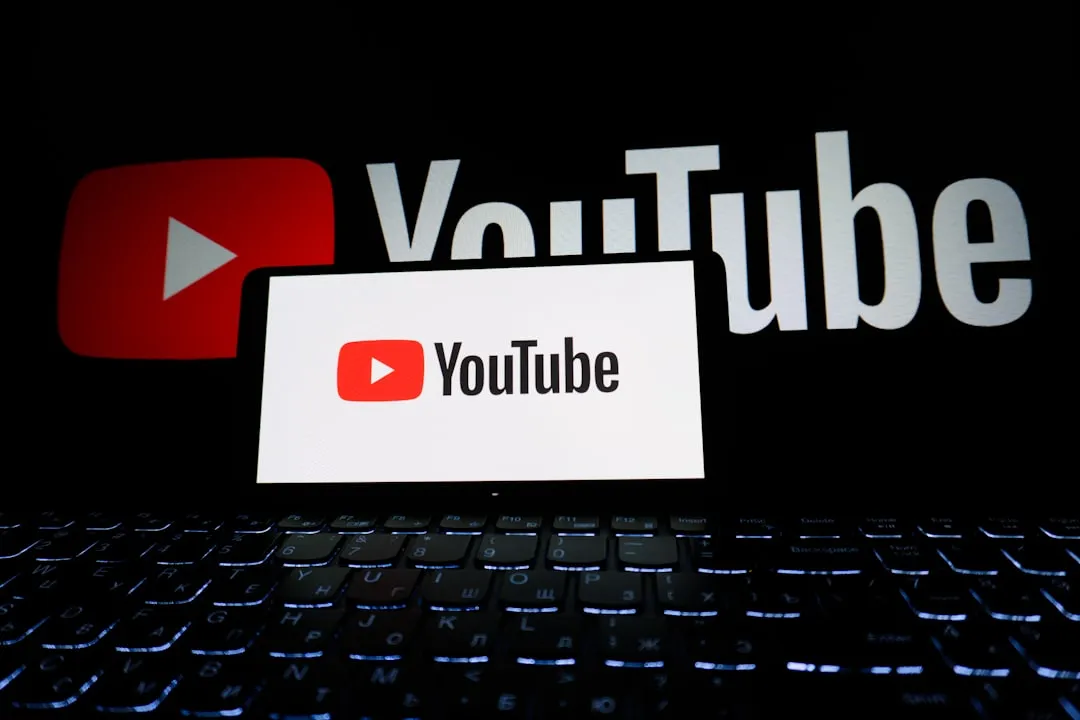
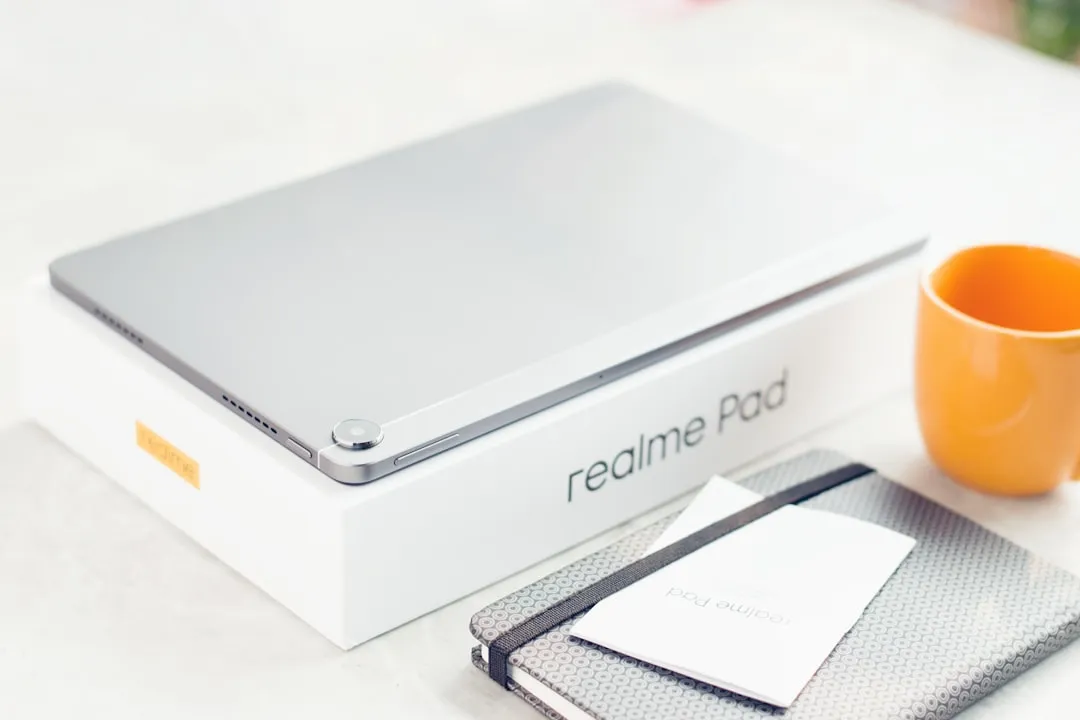
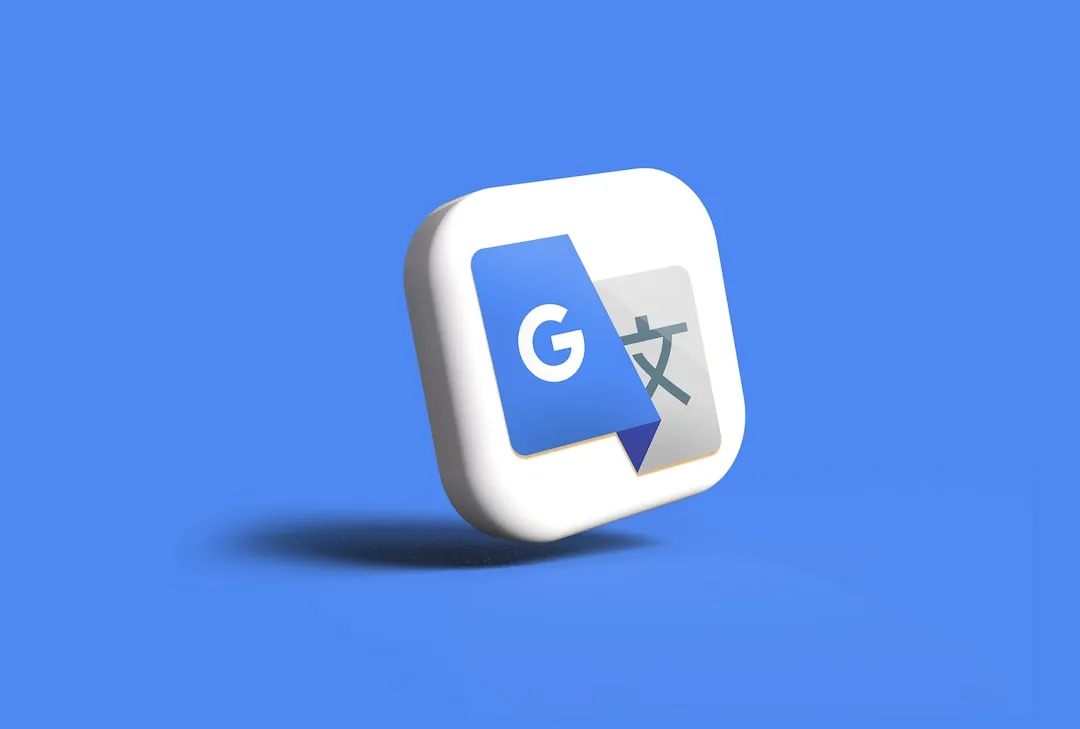
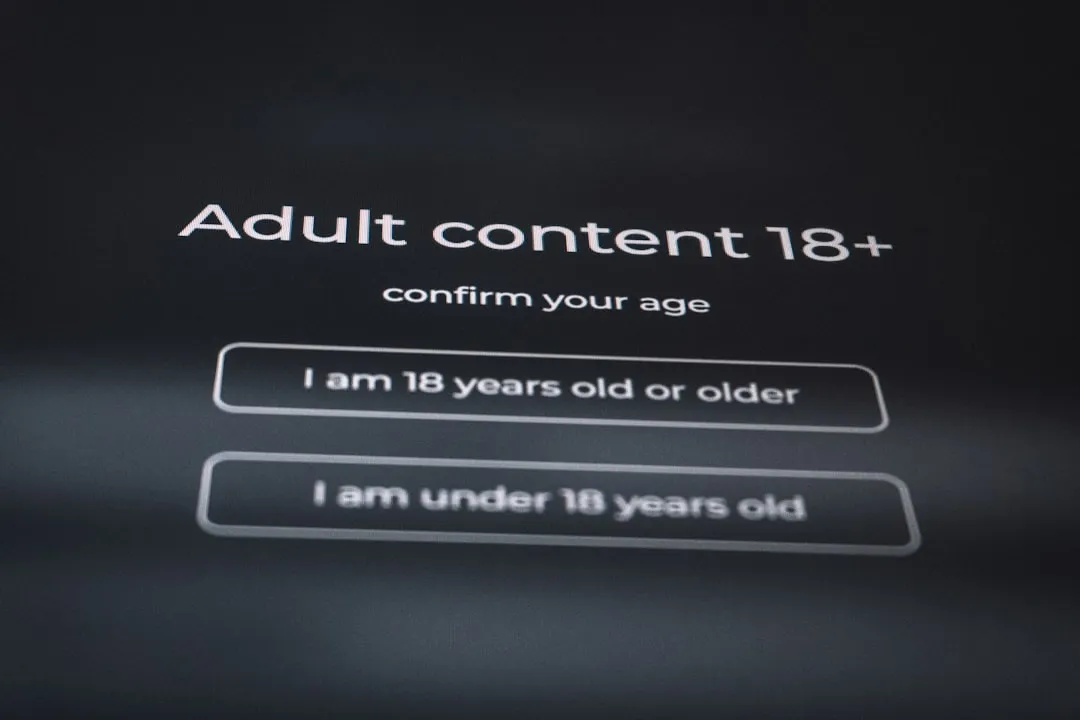
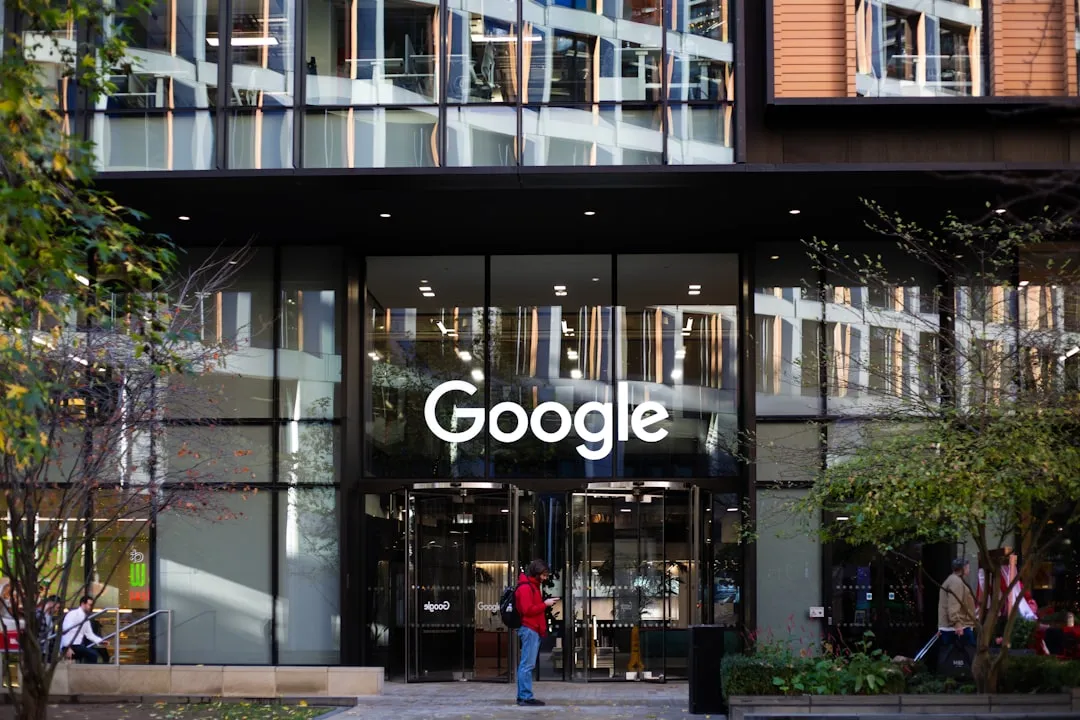
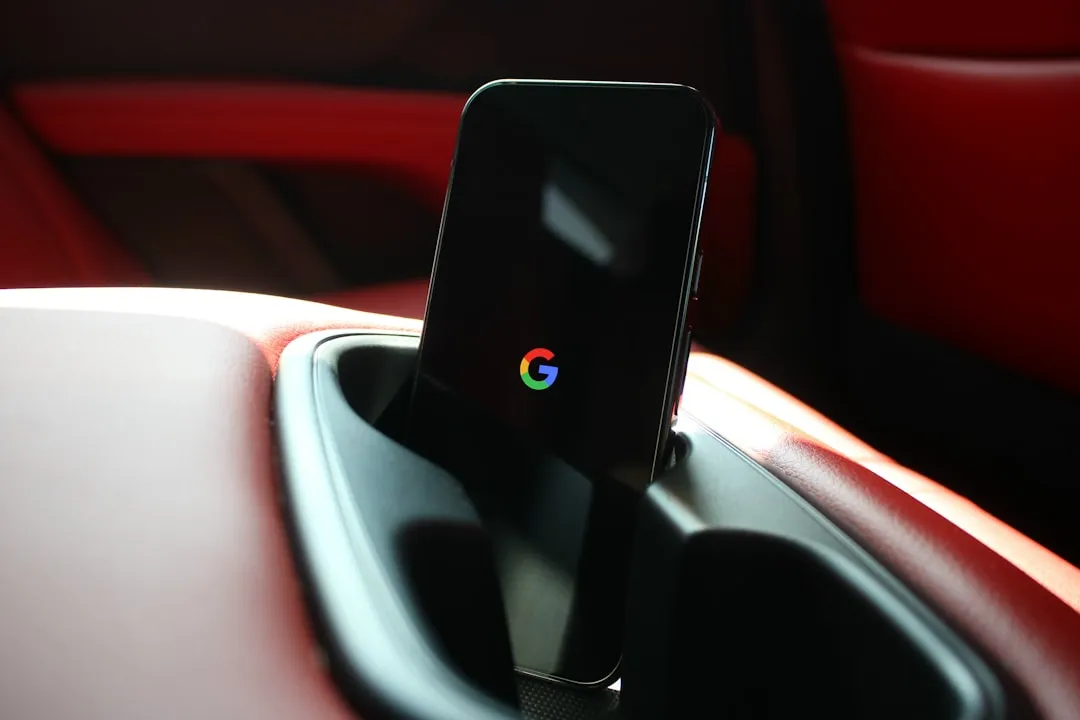

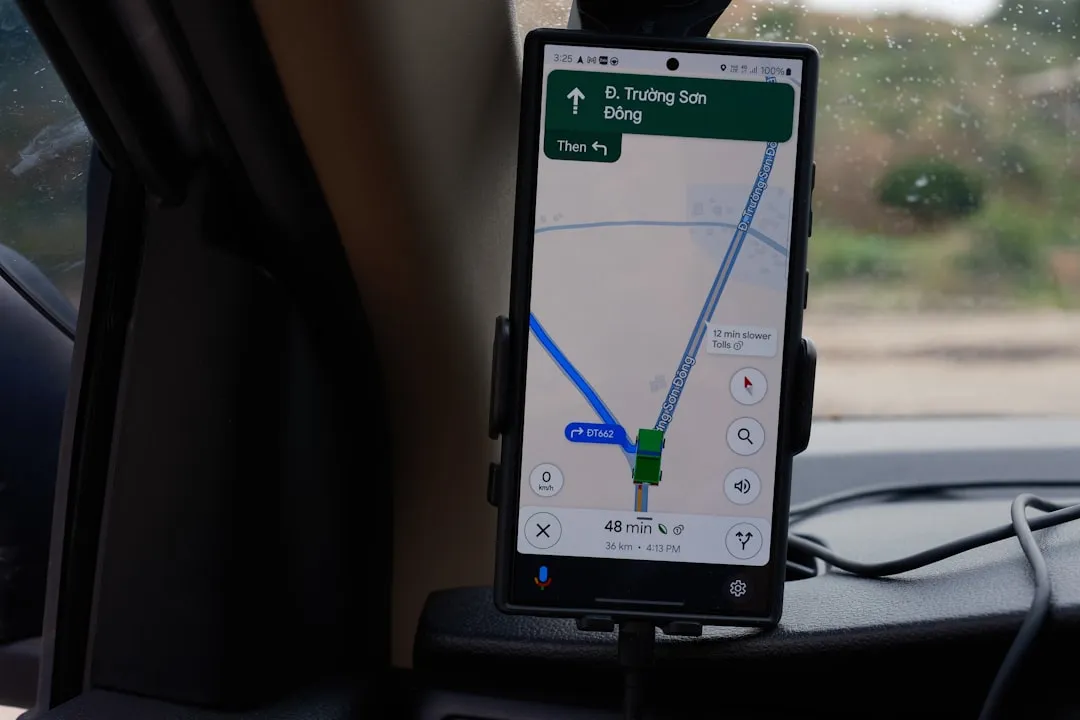
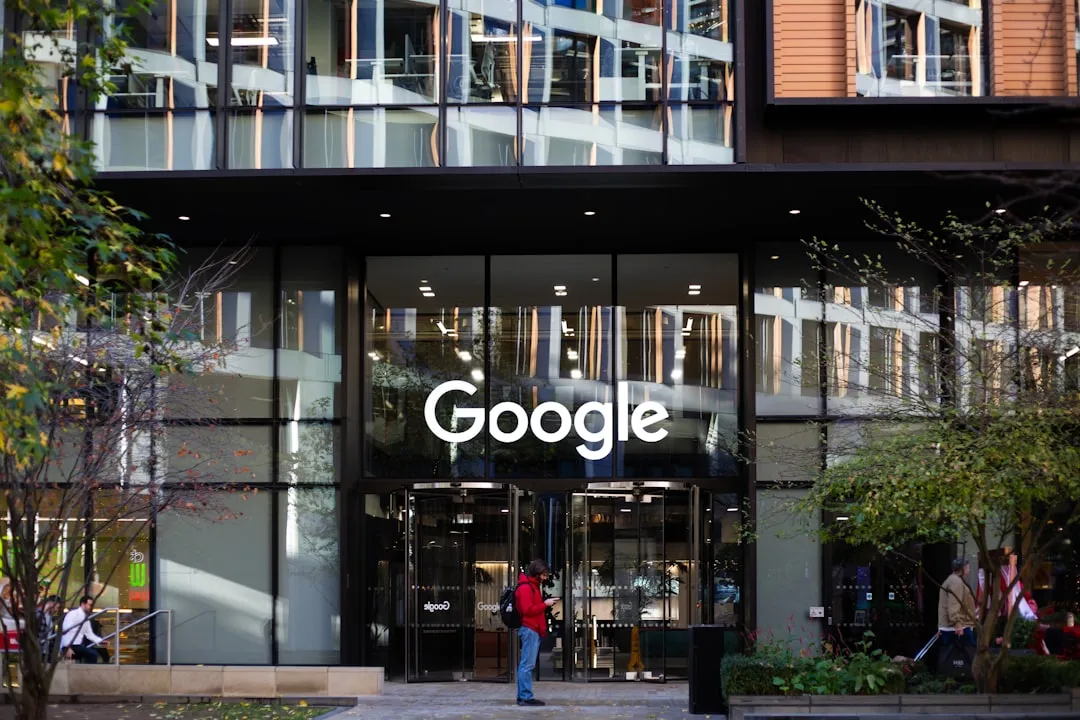
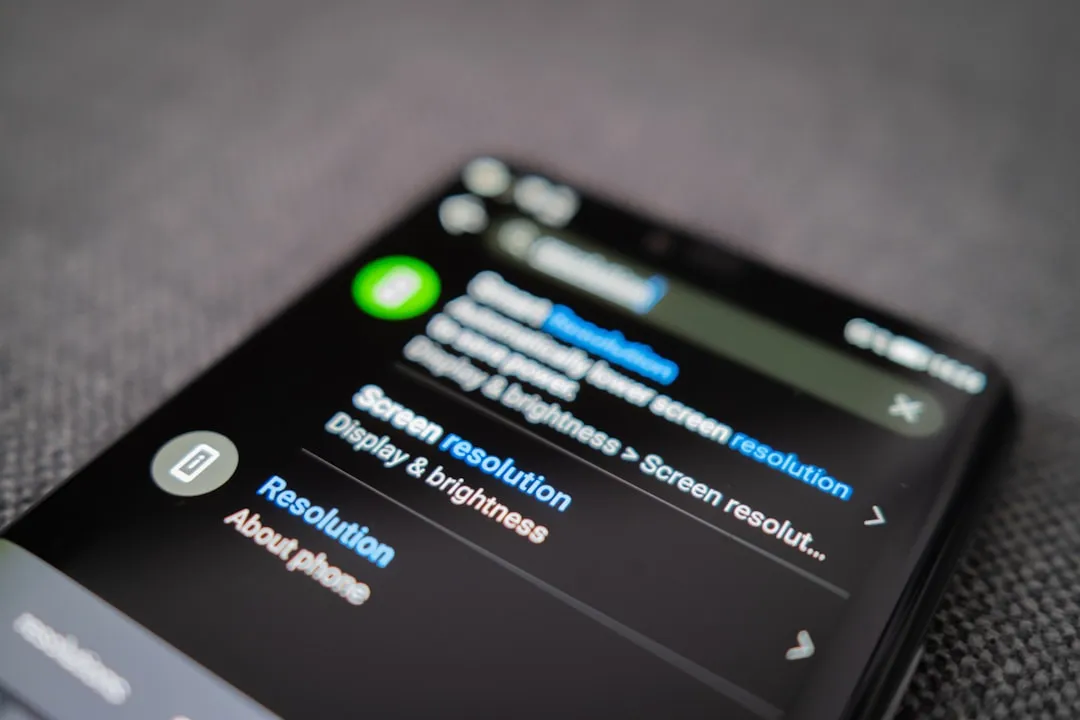
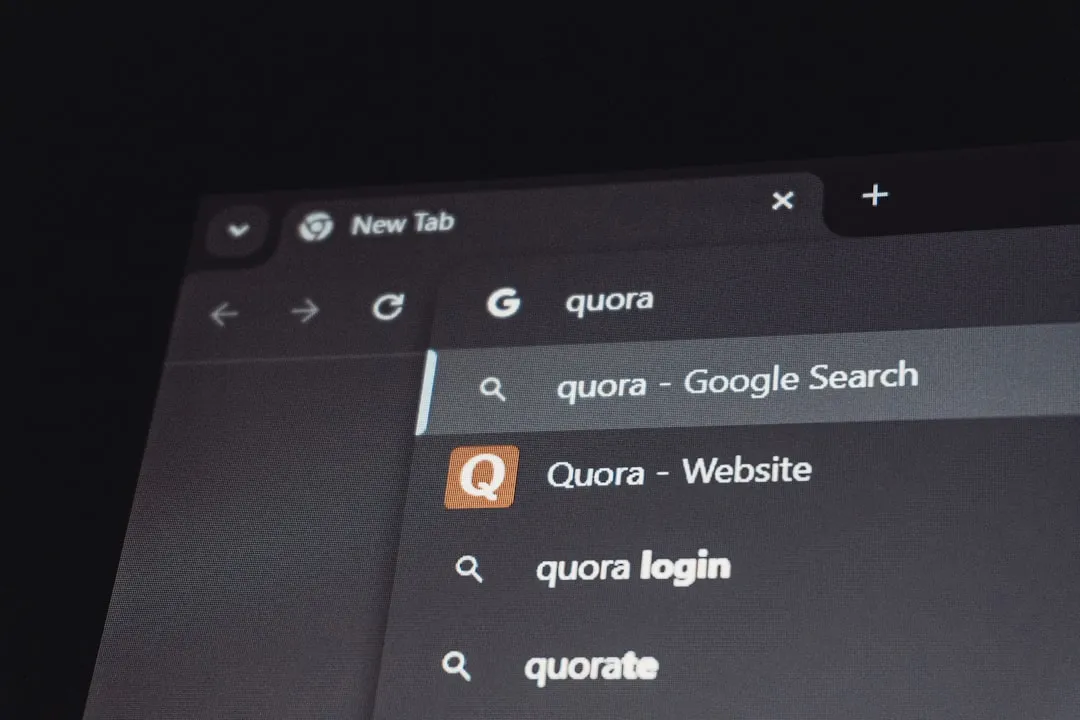

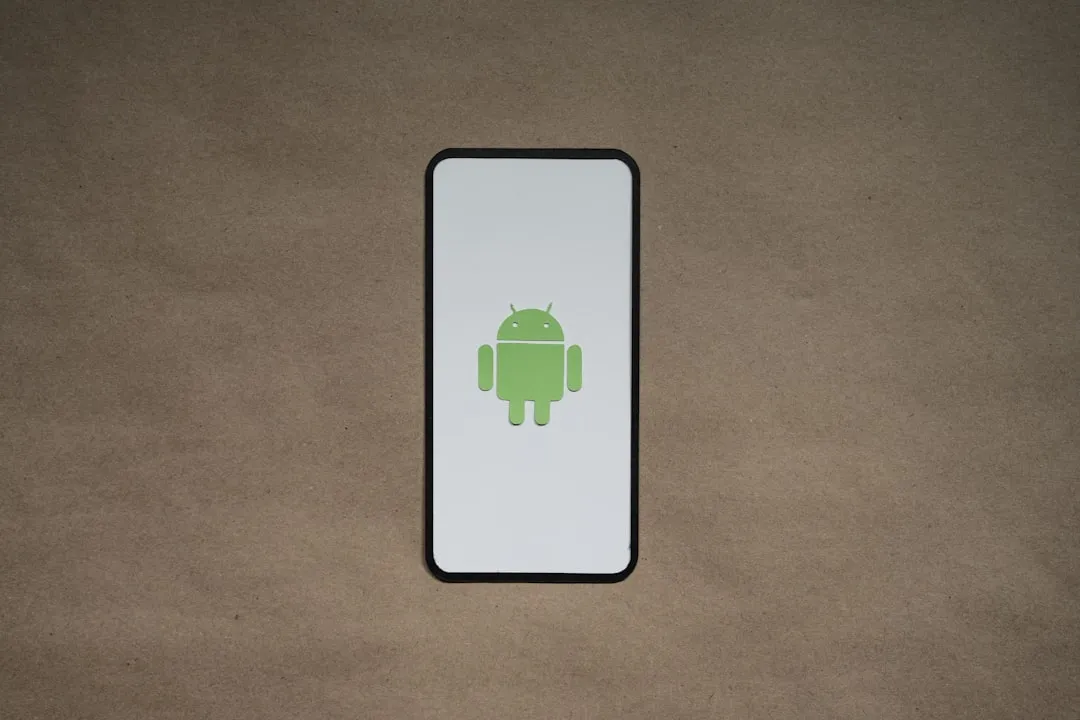
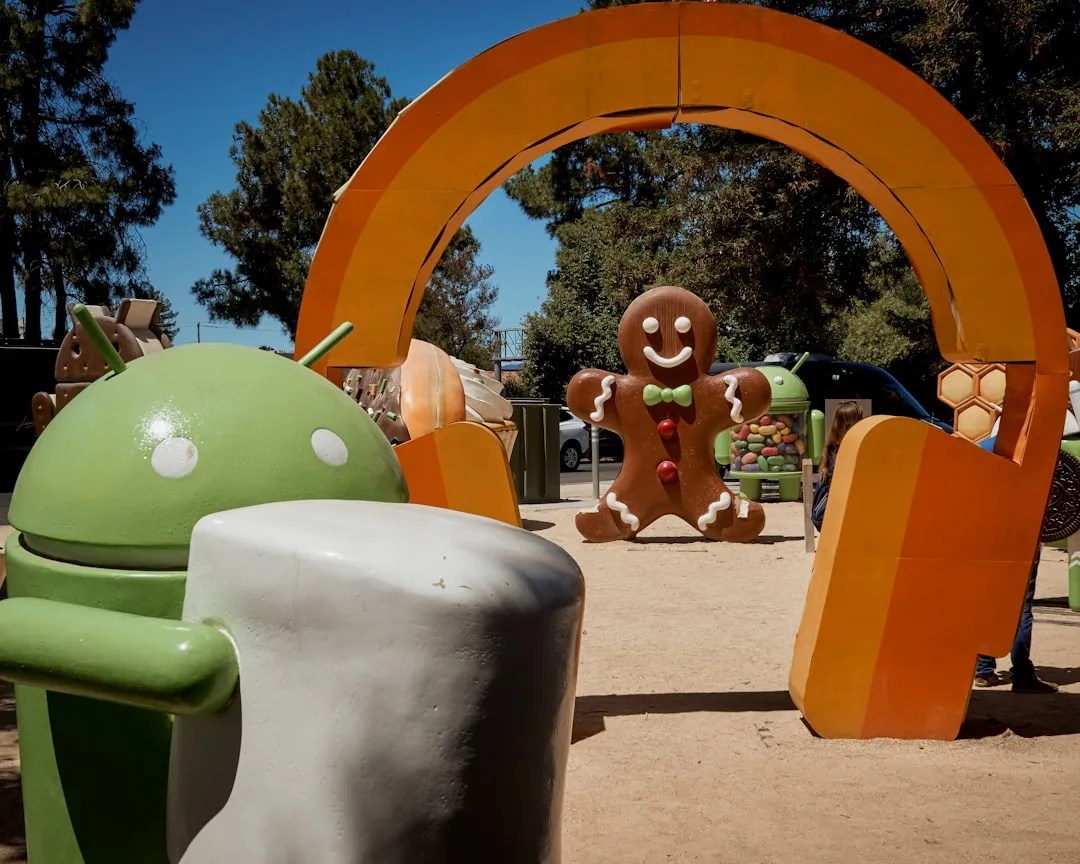




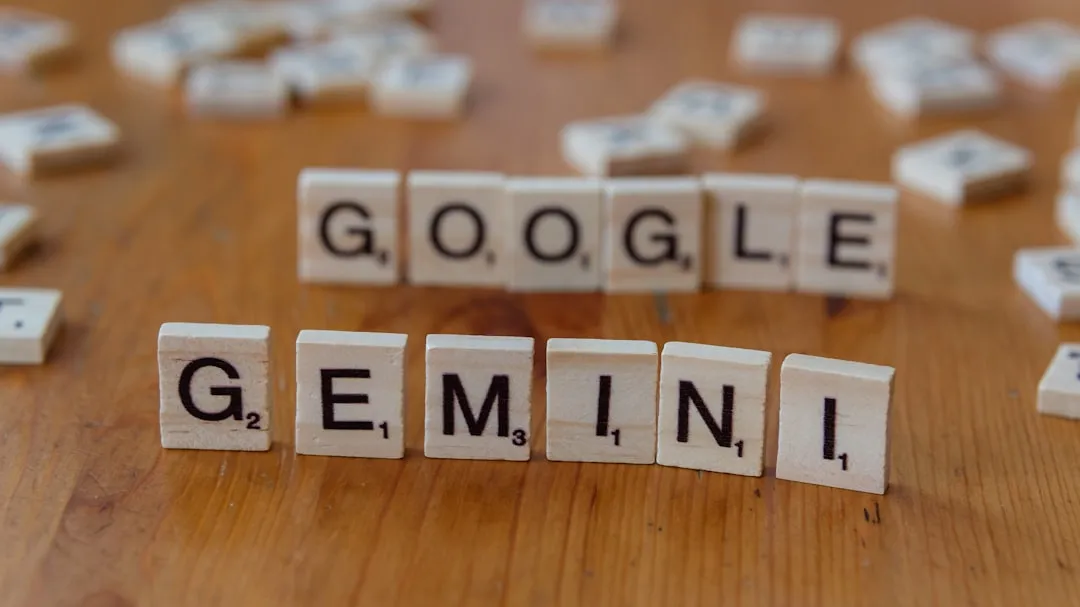

Comments
Be the first, drop a comment!